Max Verstappen is concerned that F1 will no longer have wet races after the 80-minute delay to the Belgian Grand Prix.
F1 race control waited until the track at Spa-Francorchamps was almost dry before starting the race, leaving only a quarter of the race before the field came in to switch from intermediate to dry tyres.
This prompted the Dutchman to caution that the championship will "never see these classic kinds of wet races" again, despite maintaining he still believes it is possible to run in adverse weather conditions.
Part of the issue for F1 is that when rain is heavy or there is significant standing water, visibility is so low that it becomes dangerous.
The nexus of the problem is the considerable spray kicked up by modern-day Formula 1 cars, which has rendered the full-wet tyres redundant.
This is because if the conditions are so bad that they are needed, the lack of visibility will not be deemed acceptable or safe, which is a reality only further compounded by how much water those tyres displace by design - the blue-walled Pirellis - required if there is standing water - can move over 80 litres of water per tyre, per second.
The level of danger this poses is something that would have been exacerbated by the treacherous Eau Rouge-Raidillion section of the Spa-Francorchamps circuit, where there have been two fatalities since 2019.
In Verstappen's view, the race could have and should have started as scheduled, as he was calling for during the initial formation lap behind the safety car, which was ultimately red-flagged, commencing the stoppage.
He is worried that the call made by race director Rui Marques could spell the end to wet races entirely, an opinion reinforced by many deeming the extent of the delay excessive.
"I just find it is a bit of a shame for everyone," the four-time F1 drivers' champion told media, including RacingNews365.
"You will never see these classic kinds of wet races anymore, then. Which, I think, still can happen.
"And I think also the rain that fell afterwards was still manageable, if we would have kept lapping anyway."
Viewed by others:
A source of frustration
The caution taken was a direct consequence of the previous grand prix, at Silverstone, which Verstappen himself acknowledged. However, much of his frustration was due to having set up his RB21 for a wet race.
The 27-year-old was substantially more effective in fighting against Charles Leclerc for third place prior to switching to dry tyres.
From that point on, he appeared consigned to his fourth-position fate, stuck behind the Ferrari for the rest of the afternoon.
"You make all the decisions based on wet racing, so then it also just ruins your whole race a bit," the 65-time grand prix winner explained.
"But realistically, P3 would have been the highest possible. Now, we were very close to that, but at the same time, it also still highlighted our weaknesses with the car. That's something that is not so easy to fix at the moment."
Also interesting:
Join RacingNews365’s Ian Parkes, Sam Coop and Nick Golding, as they dissect the Belgian Grand Prix and look ahead to Hungary. The 80-minute delay is a major talking point, as is Lewis Hamilton’s brutal self-critical comment.
Rather watch the podcast? Then click here!
Don't miss out on any of the Formula 1 action thanks to this handy 2026 F1 calendar that can be easily loaded into your smartphone or PC.
Download the calenderMost read
In this article
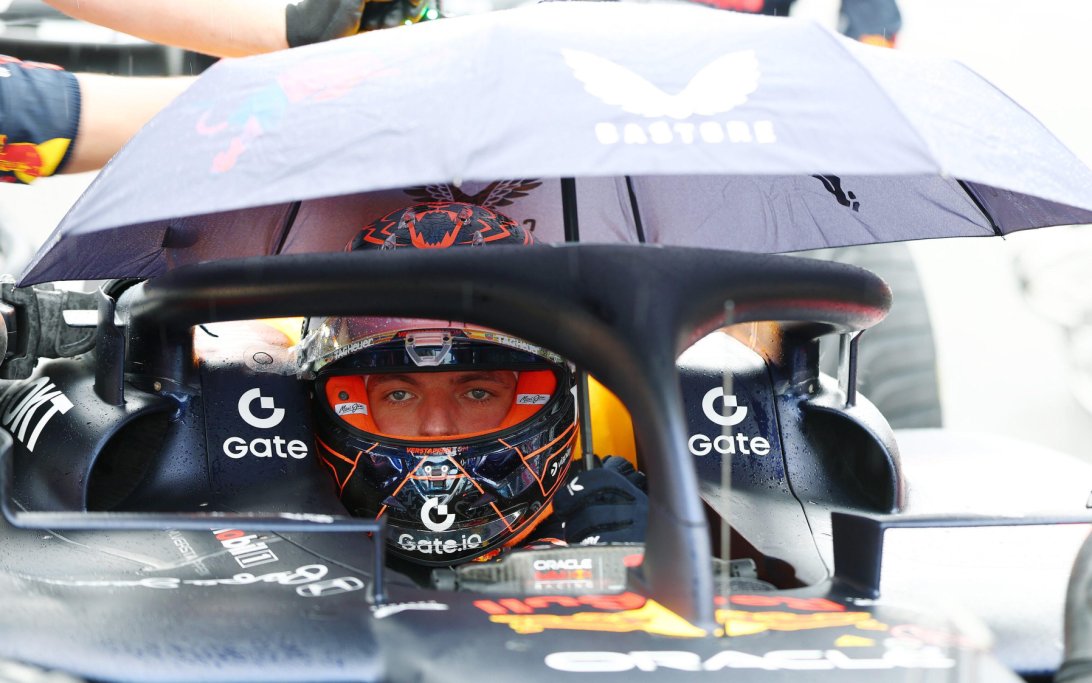
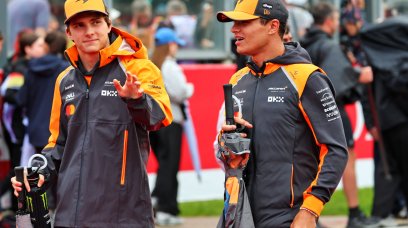
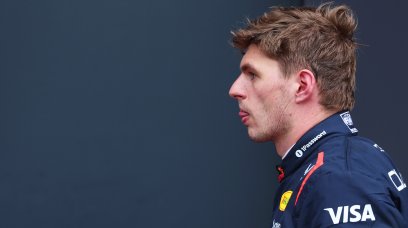


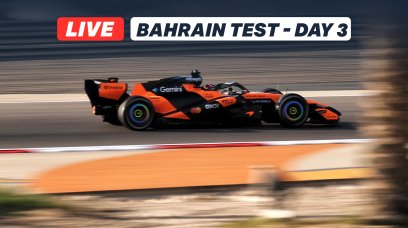
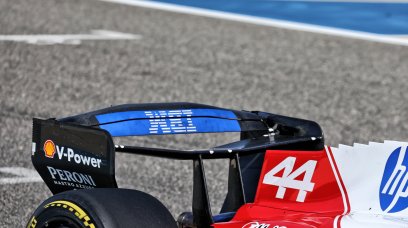
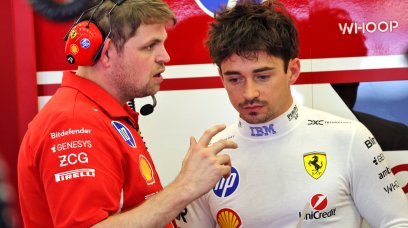
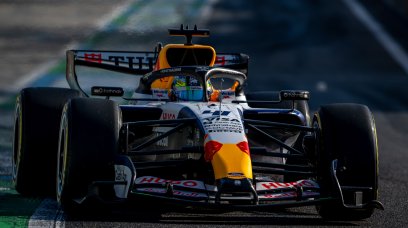
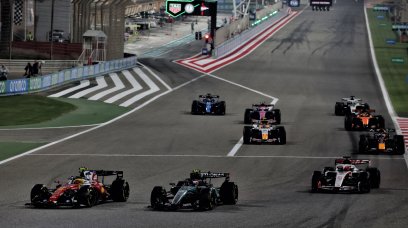
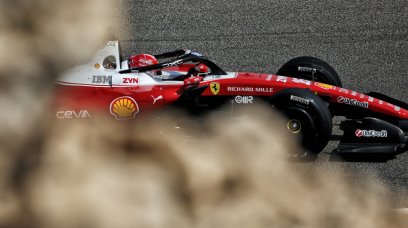
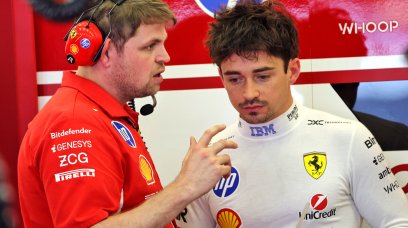
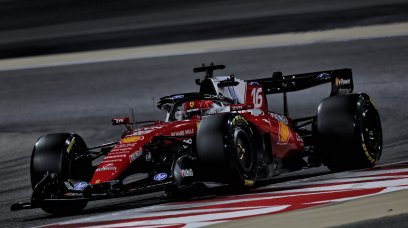
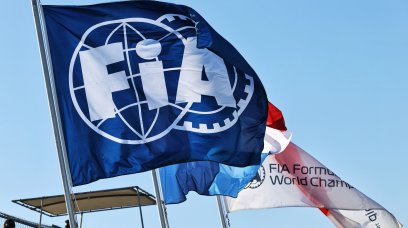
Join the conversation!